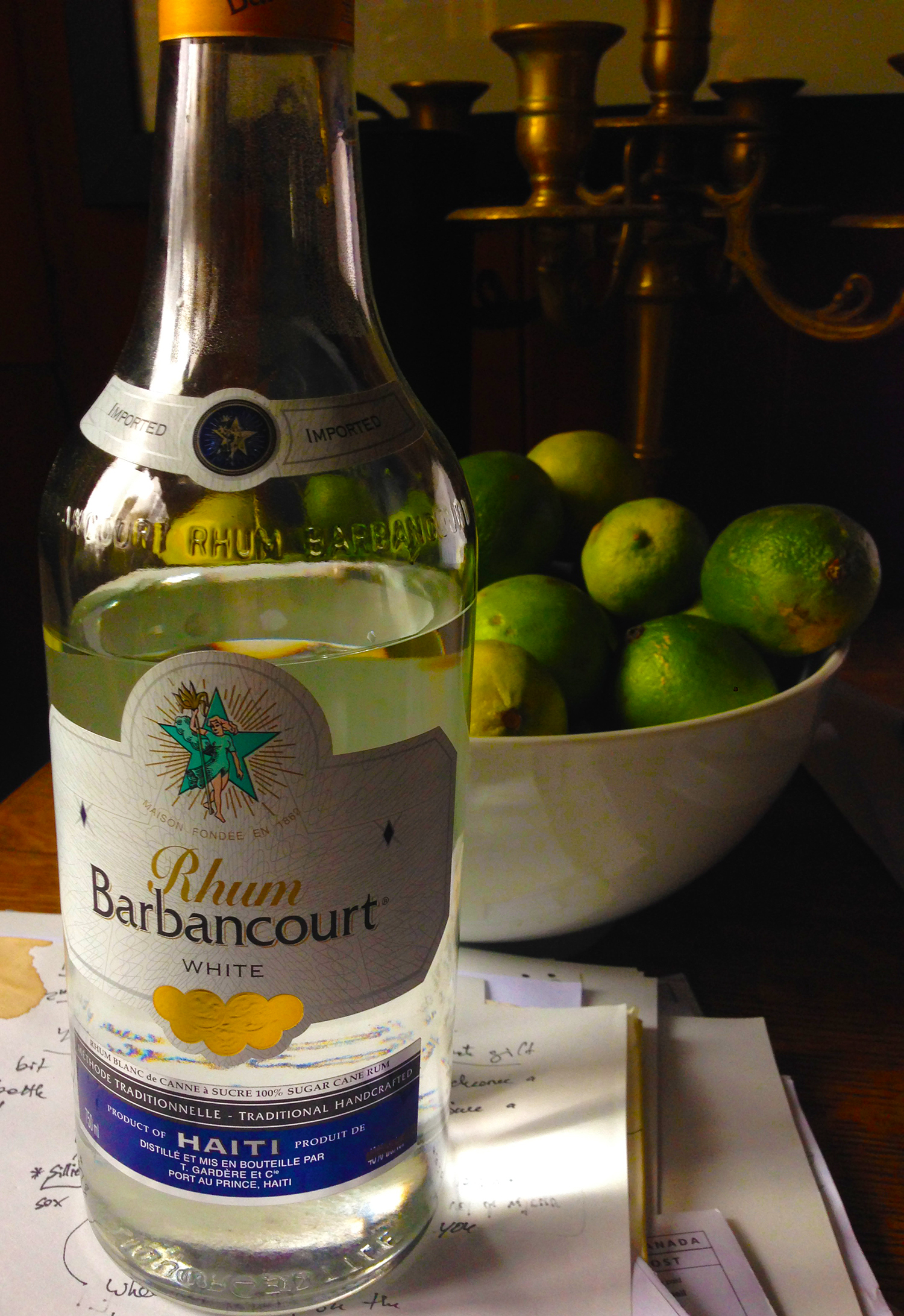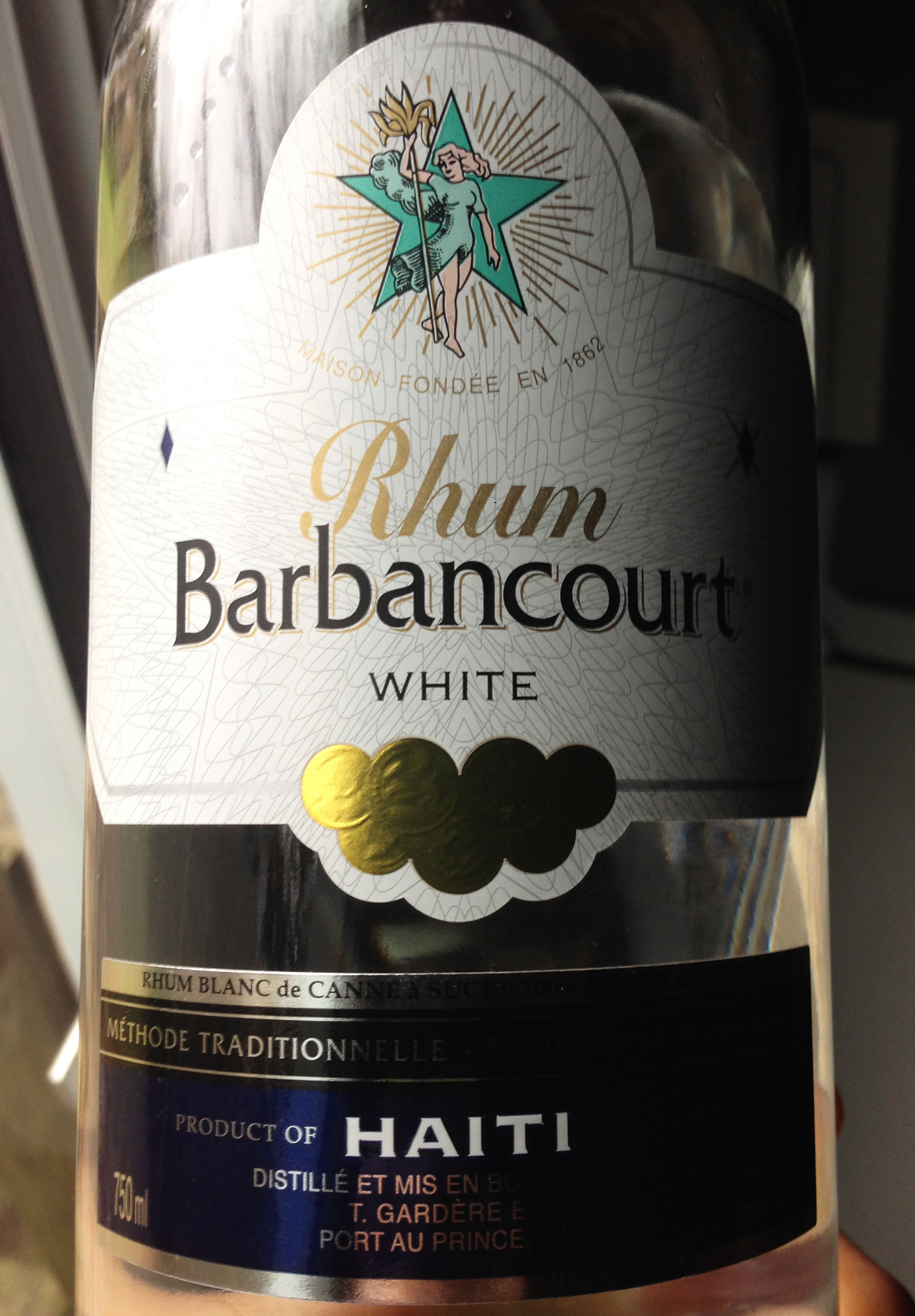
Perhaps because the Universe has a sense of humour, I suspect it does, I have something of an empirical streak in me. I’ve always been interested in what I drink. Its history, nature, and thus the quest for the best. Not THE BEST as in experts and pundits and lifestyle magazines for men declare, but my best, my favourite I should say. Okay, enough kidding myself, more likely that tendency is just a fancy excuse for trying a lot of different alcohols. I figure it looks a lot less disreputable to be engaged in a exploration of rums and the search for how provenance affects taste, at ten in the morning, than just swilling back a shot in your underwear and making pirate jokes.
By the way, our cultural standard of not drinking before a certain time is extremely recent. Certainly, up until water became reasonably safe to drink, ale was the breakfast food of the champions, and during the First World War, British Empire troops where frequently given their rum rations in the morning, the “tot” as it was called. I suspect the Henry Fords of this world and the prohibitionist movement had much to do with our current morning habits. Or maybe it was the evil orange juice and coffee industrial complex? After all coffee is the second most traded commodity on Earth, second only to oil… but no. Most likely factory owners frowned on the very idea of a slightly tipsy workforce, couple that with the Volstead act in the U.S., and a new standard of behaviour was born. Just like that.
Since I declared summer 2016 to be the season of the daiquiri, it only stood to reason to search for my ultimate recipe, and that meant finding my perfect rum for this cocktail. As spring is barely underway the results are subject to change, but a clear contender has emerged. My intuition says I will be hard pressed to top it. As you might have guessed from the image heading this post, the so far winner in the best rum to make daiquiris with competition, an extremely personal opinion ruled solely by me, is Barbancourt’s white rum from Haiti.

After trying several aged rums, dark rums and “industrial” white rums in daiquiris, all very good, this particular white rum brought a crispness of flavours that was lacking in the drink previously. It’s better balanced, the bite of the lime is a bit more present, and there’s that pleasant grassy taste of rum agricole. That’s what Barbancourt brings to the party and what a party it is.
Also, and that’s on a bittersweet note, it’s probably your best bet, for now, to do like the Beach Boys and “…Port au Prince, I wanna catch a glimpse…”. I wish I had the balls to visit Haiti the right way, I’m sure some people do (resorts don’t count), but contrary to what some overly enthusiastic travel writers seem to advise, we’re not booking Haiti as our next scuba trip just yet. Which is really too bad, because the country looks beautiful and the people fantastic, but poverty, violence, instability and generally the feeling it could all go to hell in hand basket any day, is not encouraging. Also U.N. troops are still patrolling the country, they got there in 2004. People will point out that Jamaica and the Dominican Republic have much higher murder rates, very true, and they still have a ton of tourists, yes, but these are mostly resort corralled tourists. I’m not sure how advisable it would be to check out the back roads of both those places. In his book Pirate Hunters (review possibly coming soon, if you want), Robert Kurson paints a very rough and ready picture of the Dominican Republic for instance, as in sleep with a gun and be prepared for ambushes and highway robbery. A little too butch for me when I’m on vacation. As for Haiti, the first country to throw off the yoke of colonialism in the Caribbean, even some Haitians from the diaspora urge caution and only go to the beach at… all inclusive resorts. I’m not saying it’s the rule, but it’s a true story.
Maybe I’m a victim of bad press, it’s possible. It does seem that it’s been difficult for Haiti ever since it was born. France was, I’ll be polite, full of shit not fully consistent with the ideals of their own revolution, which helped inspire the Haitian one (that and you know, that fact there was slavery). Liberté, égalité, fraternité, certainly Monsieur, if you’re a white man. Same could be said of the U.S. of course, the “…all men are created equal…” part of the Declaration of Independence has a very specific demographic in mind. I imagine having a republic of free blacks to their south did not sit well with the slave owning states. I doubt they did any business with them. After the Haitian Revolution (1791-1804), the French pretty much extorted huge indemnity payments in exchange of official recognition (and probably not invading), that certainly did not help a fledgling country. It’s estimated Haiti paid France something in the neighbourhood of 17 billions of today’s dollars. A succession of corrupt and brutal rulers compounded the problems, then you can throw in a few earthquakes for good measure. We can only hope and wish that the Perle des Antilles will shine still. It’s long overdue. I drink to you Haiti, and look forward to scuba diving your shores and exploring your treasures.
I do get carried away. Geez, give me a soap box and a black beret right? Back to Barbancourt and why it kick ass in a daiquiri.
Barbancourt is what could be called rhum agricole, (though that claim is not made on the label), which unlike what is sometimes called industrial or British style rum, is not made from molasses but from straight sugar cane juice. It seems that as humans we like sugar and booze quite a lot. For a long time in the Caribbean rum was made, pretty much everywhere, from the by-product of making sugar, molasses. In fact molasses were basically considered industrial waste at first, used to feed animals, fertilize fields or just dumped in the ocean. Then someone, possibly on Barbados, had an a-ha! moment. Ferment the molasses, distill them and what do you know? A new way to get a little weird. That invention spread rather quickly, and the French islands followed suit. However in the 19th century the bottom fell out of the French sugar market because sugar from beets was introduced, and it could be produced in France and not imported any longer, too bad for you French islands. Though some plantations no doubt either packed up shop or kept to their old ways, others decided to say bye-bye to sugar, skip that step altogether and turn their fields to better use: start making rum straight form the sugar cane juice. What we call rhum agricole was born. Made from fermented sugar cane juice, that style of rum is much grassier, sweet but slightly bitter, and that adds a nice complexity to daiquiris. It’s not an overly popular style of rum, but we can work on that right?
So here’s my recipe for the best daiquiri so far.
Best Daiquiri So Far
- 2 ounces Barbancourt white rum
- 2 ounces fresh squeezed lime juice
- 1 ounce sugar cane syrup
Pour into a shaker containing a very generous portion of ice (three ice cubes ain’t gonna cut it remember your drinkskultur, see point #2). Shake like the dickens until it’s too cold to hold (lazy shaking ain’t cutting it either), no less than ten mississippis. Strain into a chilled cocktail glass (martini or coupe are my choices, I’m fancy pants when I can, and not at all when I can’t), make a toast to something dear to your heart and enjoy.
Santé.

the use of cane syrup must also affect the taste vs a tablespoon of sugar (or any other for that matter), would it not?
Excellent point,I always use syrup because there’s no need to fret over making sure the sugar is properly dissolved, but in the interest of science it will be tried!